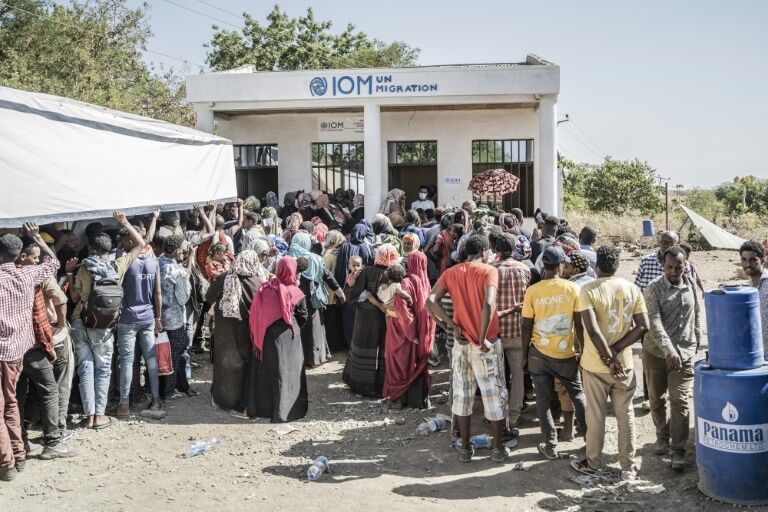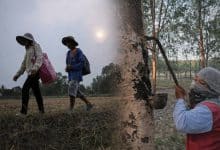Fighting intensifies in Khartoum as Sudanese struggle with shortages

The Sudanese capital, Khartoum, and the city of El Obeid, located 350 kilometres southwest, are witnessing ongoing violent clashes, forcing many locals to flee their homes and face dangerous journeys across the country’s borders. For those unable to leave, food and essential supply shortages have become a pressing problem, with people relying on local charity networks and neighbours for survival. Despite talks attempting to facilitate the safe passage of aid, progress remains to be seen.
Residents of the cities have reported hearing explosions and heavy artillery fire, with undeniable tension in the air. It is now the fourth week since battles between army chief Abdel Fattah al-Burhan and former deputy Mohamed Hamdan Daglo, who commands the paramilitary Rapid Support Forces (RSF), began. The Armed Conflict Location and Event Data Project report that over 750 individuals have died in these confrontations, with more than 5,000 wounded.
In addition to more than 700,000 internally displaced people due to the violence that started on April 15, an estimated 150,000 people have fled Sudan according to United Nations’ (UN) agencies. On average, the International Organization for Migration registers a thousand people each day at the Ethiopian border town of Metema. Those who spoke to journalists in Metema described the dread experienced before leaving their homes and embarking on a 550-kilometre journey, during which they faced the constant risk of armed robbery.
The United States and Saudi Arabia have announced that the army and RSF would engage in “pre-negotiation talks” in the Saudi city of Jeddah. Although there has been no news regarding advancements in the talks, Martin Griffiths, the top UN aid official, has suggested a declaration of commitments to ensure the safe passage of humanitarian relief.
The ongoing conflict has led to the deaths of several aid workers and the looting of humanitarian facilities. Approximately 25% of the World Food Programme’s food supplies have been taken. However, aid continues to flow into Sudan, with Saudi Arabian aircraft loaded with humanitarian materials landing in Port Sudan earlier this week.
As violence ensues, Farhan Haq, deputy spokesman for UN Secretary-General Antonio Guterres, told reporters that they are proceeding with humanitarian operations regardless of a ceasefire, but the declaration of commitments is needed to guarantee safe passage, reports Bangkok Post.
Latest Thailand News
Follow The Thaiger on Google News:


























